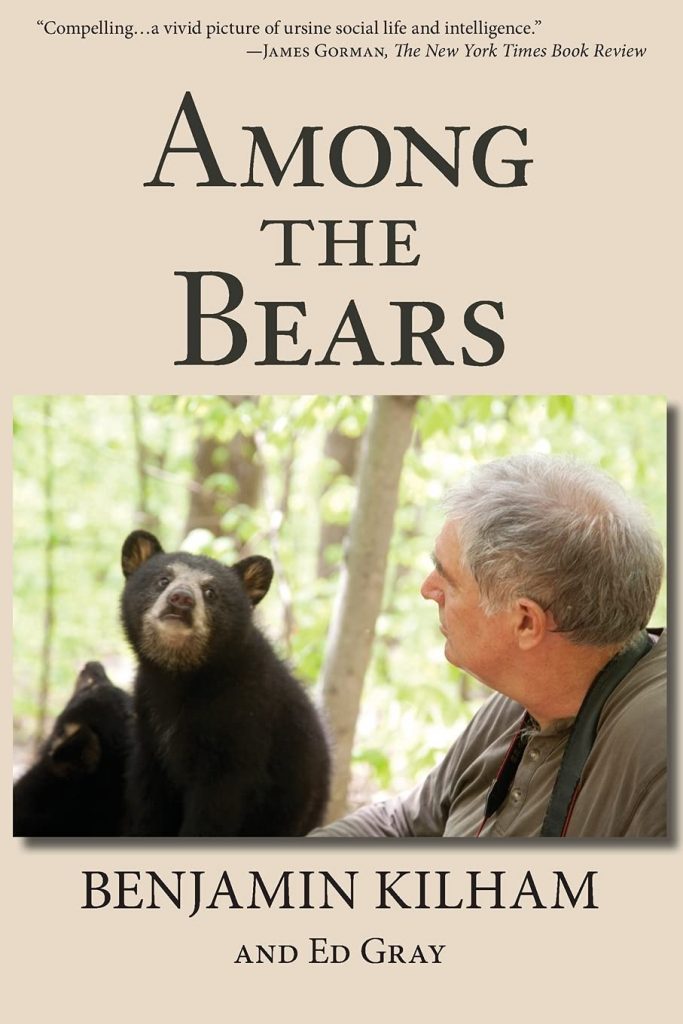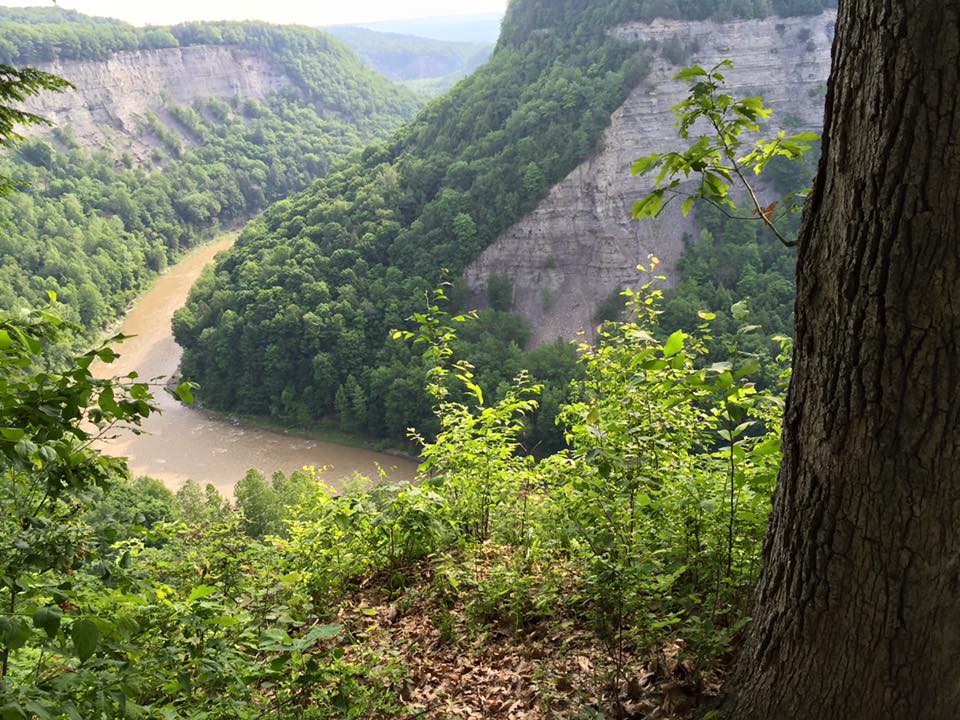
I’ve always felt drawn to black bears. I’ve always felt I’ve been able to identify with them in many ways and that they had lessons to teach me. But my feelings about them were often different from how most Neo-Pagans (especially the men) who claim bears as their spirit animal1 view them.
I’m not someone who perceives myself as a fierce warrior. To me, I look at the bear and do not see the legendary rage of Viking berserkers, but the nurturing love of a mother bear. And sure, there’s nothing more fierce than a mama bear protecting her cubs from a real or perceived danger. But that’s not her “default mode of operation.”
Several years ago, i ran across a book called Among the Bears by Benjamin Kilham, pictured at the beginning of this post. Kilham was the first person to successfully rehabilitate orphaned black bear cubs and return them to the wild when they were older. In the book, he describes his experiences doing so, the lessons he learned, and the things he discovered about black bears along the way.
One of the things that Kilham learned while working with the first cubs he rehabilitated — a brother-sister pair who had been abandoned by their mother — was that black bears tend to be quite altruistic. By that, Kilham explains that he means that a black bear will put themselves in danger to help another living being, including one that belonged to a different species. i found myself fascinated by his recollection of the events that led up to this discovery. Furthermore, I realized that this was a man who had an understanding of bears that more closely matched my own.
I will note that part of the difference between myself and other people who feel attracted to bears is that I suspect most of them envision grizzly bears rather than black bears. However, I also wonder how many other Neo-Pagans and members of other modern religious movements take the time to learn to learn about the various animals they feel drawn to through sources outside of books on spirituality, such as what animal conservationists and biologists might have to say about them. I think that it’s well worth it to do so, as there’s so much more to learn.
(This post is part of #ChangingPathsBlogChallenge2024. See Yvonne Aburrow’s post announcing the challenge for more details.)
Footnotes
- I think it’s also important to note that the way many Neo-Pagans and other non-indigenous have glommed onto the term “spirit animal” is typically appropriative and otherwise problematic, so I prefer to avoid the use of that term. ↩︎

